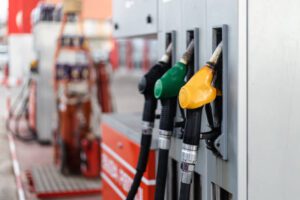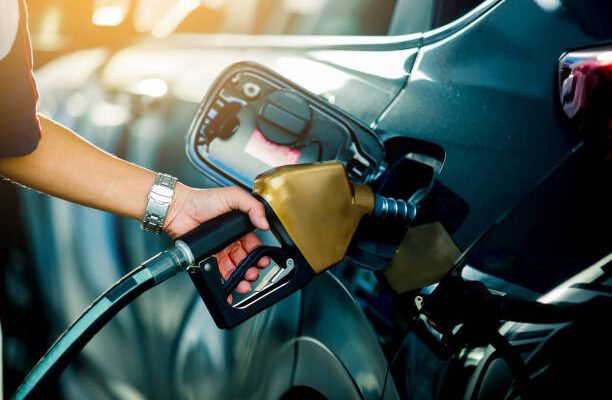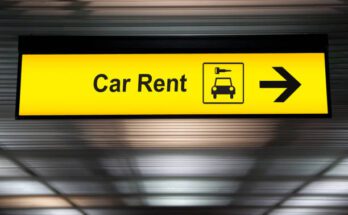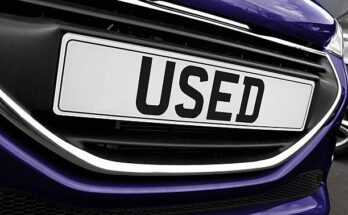Famous internal combustion engines types that have been in use for many years are petrol engines. After compression, the fuel and air are combined. However, cylinder-direct petrol injection is now used in modern petrol cars. Pre-mixing in this petrol engine was previously carried out in a carburettor. But, thanks to advancements in technology, this is all changing because electronically controlled fuel injection is now used instead.
 (Photo from istock)
(Photo from istock)
The Advantages of petrol cars are listed below:
-
Petrol Cars are cheaper:
Generally, petrol cars are less expensive than diesel vehicles. Petroleum cars are the most affordable option when compared to electric vehicles and their diesel counterparts. You can select the engine type as well as any make and color of your choice. Low manufacturing costs are one of the factors contributing to its low price.
-
Petrol Cars make less noise:
Petrol cars have a high rate of speed and are also silent. Petrol-powered vehicles are calmer than similar diesel-powered vehicles. Petrol vehicles reliance on lightweight components means that the vibration brought on by stress on the accelerating engine is much reduced.
-
Maintenance Cost of Petrol cars is less:
Major benefits of petrol cars include low maintenance and repair costs and the ease of finding a repair facility. Additionally, petrol car spare parts are readily available.
-
Petrol is easily available:
The primary factor for petrol cars high number of sales is the availability of fuel. Nowadays, petrol pumps can be found almost anywhere. Furthermore to being convenient, it keeps the fuel in your car complete.
-
Petrol cars have good pickup:
The acceleration and pickup of petroleum vehicles are better. Racing cars use petrol primarily for this reason. They outperform diesel cars in terms of responsiveness and speed due to their lightweight body and engine.
The Disadvantages of petrol cars are listed below:
-
Petroleum as a fuel is hazardous:
Intake, inhalation, and even fire accidents at petrol filling stations can have an impact on people. In approximately 5% of heat burn deaths and injuries, petrol cans reportedly burned or exploded. Filling up your tank, having a gas leak in your engine, and other spills and accidents can all turns to be risk because of petrol.
-
Petrol cars have lower resale value:
Over time, a petrol vehicle fuel economy and engine power decrease. These elements have a direct impact on a vehicle’s resale value since they account for its limiting longevity.
-
Petrol Emission has a bad impact on environment:
 (Photo from istock)
(Photo from istock)
Even though petroleum cars generally produce less pollution than diesel-powered cars. Emissions from cars engines worsen the air quality, even though the emission of small particles and Carbon dioxide is less.
-
Poor fuel efficacy:
Petrol cars are not very fuel efficient, so even if you can readily get fuel for your vehicle, you won’t be able to go very far. This comes as one of the most major disadvantages of petroleum vehicles in comparison to its hybrid and diesel competitors.
-
Depends on non-renewable form of energy:
The method for obtaining petrol from fossil fuels, which are non-renewable energy sources. One of the most well-known disadvantages of fossil fuel. It’s possible that we’ll run out of petrol soon. The value of petroleum cars will fall dramatically.
Hence, these are a few advantages and disadvantages of petrol cars.
References:
Since, petrol emissions are affecting our health, let’s see some amazing ideas of detoxification, click below:
https://theperfectblogger.com/detoxing-its-uses-and-effects/





One Comment on “Advantages and Disadvantages of Petrol Cars”